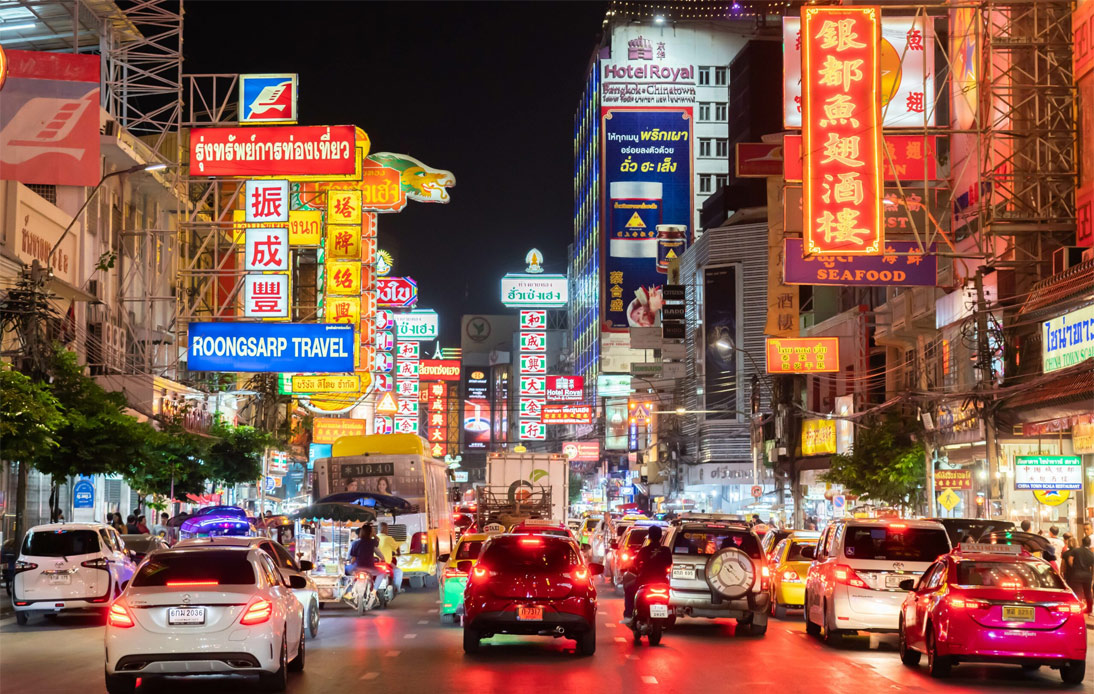
The government is once again reconsidering the legalization of casinos to boost investment and tourism, according to a report presented to the House of Representatives on Friday. However, past attempts to legalize casinos have failed due to public opposition.
Gambling in Thailand is currently restricted to state-run horse races and the national lottery. Despite these limitations, a report by a committee consisting of 60 government and opposition lawmakers reveals that approximately 10% of Thais suffer from gambling addiction.
Industry experts argue that establishing a legal casino sector in Thailand could attract a significant number of international tourists, potentially rivaling Macau, the preeminent gambling destination in China, and the only place where Chinese citizens can legally gamble in casinos.
Although the legalization of gambling has been debated previously, no administration has proceeded with it due to widespread public resistance.
A 2021 survey indicated that 46.51% of respondents were against legalizing gambling due to concerns over morality and crime, while only 21.25% supported the idea.
A similar report was endorsed by the previous parliament, but the proposal was shelved when the parliament was dissolved before the cabinet could review it.
The study proposes that private enterprises bear the costs of building and operating casino-based entertainment complexes, with the government overseeing taxation and regulation, as explained by Sorawong Thienthong, the vice-chair of the parliamentary committee, in an interview with Reuters.
“Thai and foreign companies with experience in this will be responsible for most of the investment,” stated Mr. Sorawong.
He estimated that the minimum investment for a significant complex would be around 100 billion baht (US$2.79 billion).
The report includes a draft law regarding casinos that must be approved by parliament before it can be considered by the cabinet.
While the report does not specify the number or locations of these entertainment complexes, it suggests situating at least one in a prime tourist area, not more than 100 kilometers (60 miles) from an airport.
Mr. Sorawong mentioned that the report is slated for parliamentary review on March 28, with the aim of finalizing the legislation and beginning the process of issuing licenses to investors within the tenure of the current government.




















